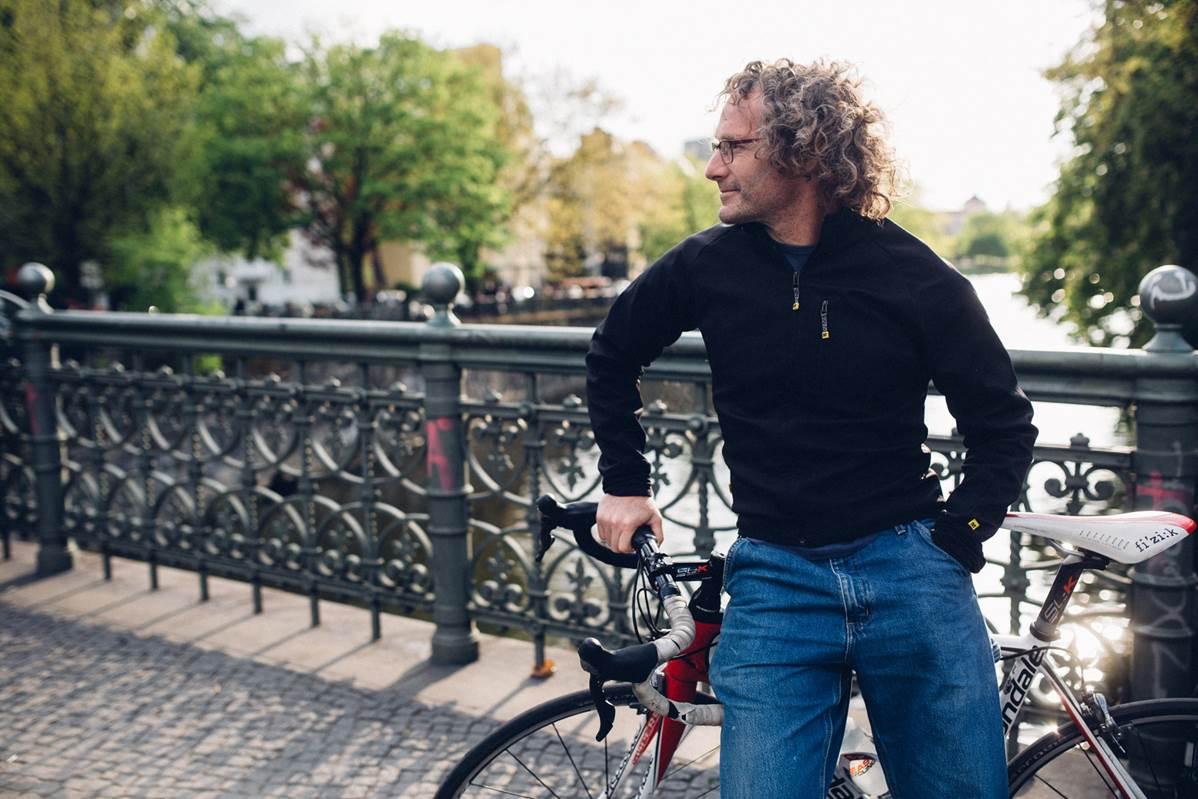“I’m free and I can talk to you and ride my bike around Paris,” says former hostage Theo Padnos. “It’s better than the alternative.”
American journalist and former hostage Theo Padnos had plenty of time to think about how Islamist extremists see the world, and when they might be willing to compromise.
"Every day for two years I had to negotiate for 'Can I go to the bathroom? Can I have some water? Can you open the window a little bit for me?'" he says. "After two years you learn how to ask questions."
Padnos is a scholar of Islam and an author who studied in Yemen. He was taken prisoner in 2012 after crossing the border from Turkey into Syria, where he was held by the al-Qaeda affiliated al-Nusra Front. His captors released him in 2014 thanks to the direct intervention of the government of Qatar.
Now he thinks Western governments trying to contain the war in Syria should be putting more questions directly to extremists and to the regime of Syrian President Bashar al-Assad. He faults the White House for not pursuing every possible option for negotiating an end to the crisis and for not engaging in what he calls "horse-trading" to gain the release of remaining Western hostages.
"We've had relatively [few] high level attempts to come to terms with this government. We condemn [Assad], we wag our finger at him, but we don't try to negotiate with him," he says. "In the same way that [the White House] views Bashar al-Assad as somebody who's just — you just can't negotiate with him because he's so evil — this is what they thought of al-Qaeda and therefore they couldn't come and like, horse trade for me. I understand I put myself in danger and jeopardy, but after two years I hoped that they would pick up the phone. And I think Qatar was more engaged and more determined to get me out than the US was."
Padnos stays in touch with some of his former captors in Syria via social media. He says he does that in part because extremists still hold Western hostages.
"I'd like to help the families of those people recover their loved ones," Padnos argues."We lost Kayla Mueller, we lost Peter Kassig, we lost Steve Sotloff and James Foley because we refused to pick up the telephone. They're also horse-traders these guys, they want to swap, they need things, so we should have thrown them some things to see what happened. But we didn't."
